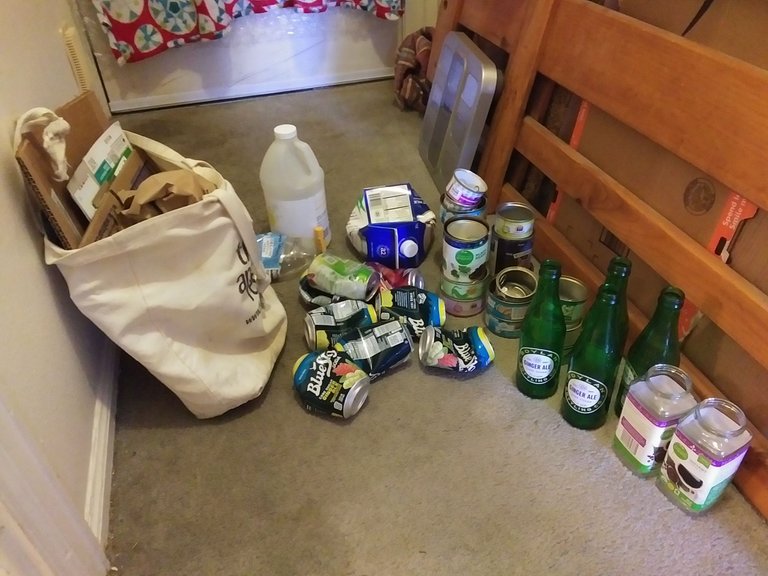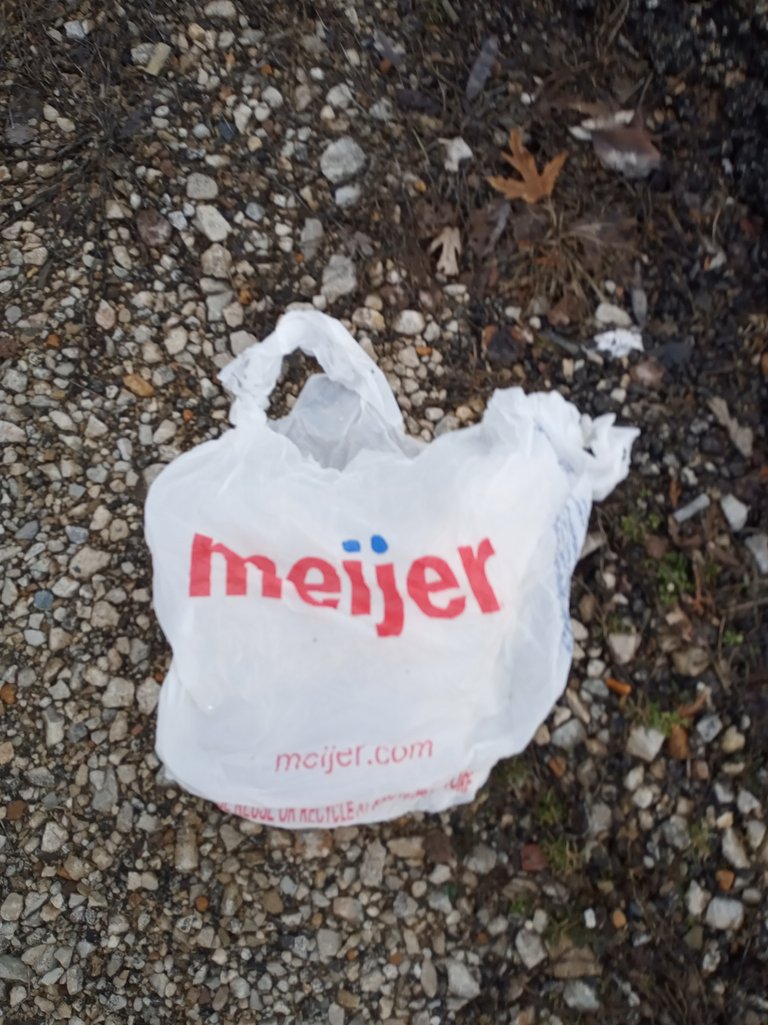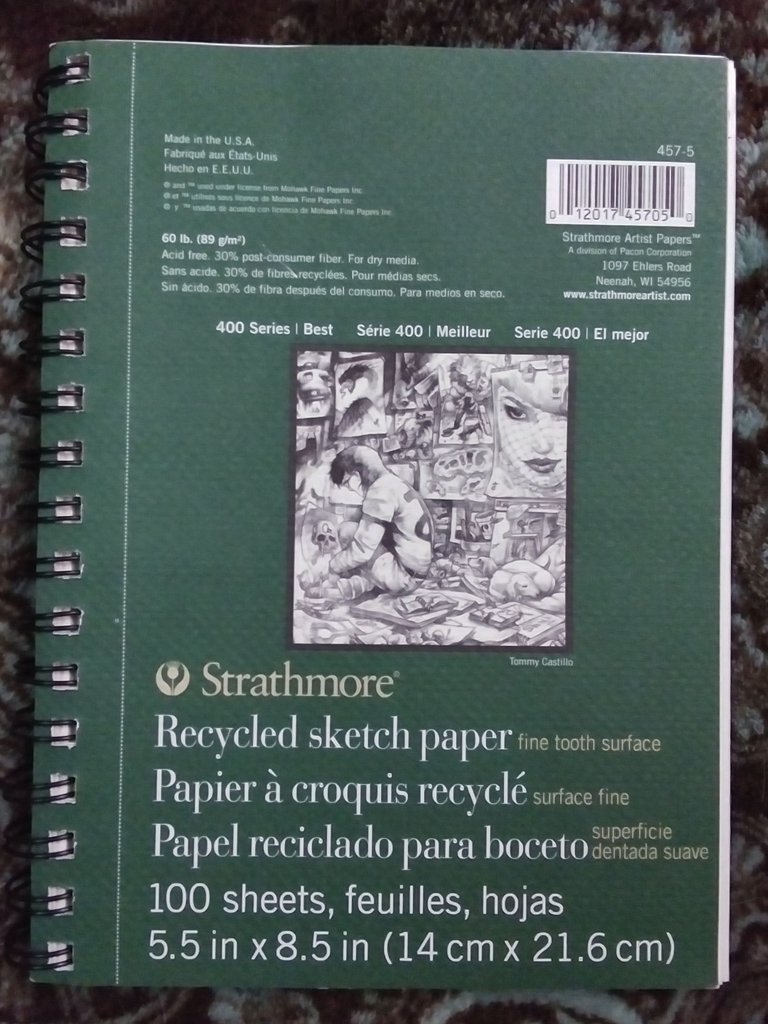Recycling Tips!
Note: recycling rules vary from location to location, so always please check what the rules are where you live!
Hello bee friends! As a companion piece to yesterday's post about reducing your waste, I thought I'd write another about recycling, because let's face it, they make it kind of confusing, no? There are some general rules that I think hold true in most places though, so let's dig in:
Most Plastic Doesn't Get Recycled

photo from a while back when I did a recycling audit of what I was putting in the bin
Only 9% of all plastic ever created has been recycled, so even though you may diligently put your plastics into the recycle bin, that doesn't mean that anybody is actually recycling them. Why? A multitude of reasons, including:
->there is no market for most of the plastics; numbers 3, 4, 6, and 7 especially are going into landfills and incinerators
->there aren't enough domestic recyclers in the US and China stopped taking our trash a couple years back (and who can blame them!)
->plastic cannot be infinitely recycled and usually is downcycled, which means that it is turned into something of lower quality, which can only happen once or twice. It is not like glass, which can become a new bottle over and over again.
->people bork up the whole system by putting in things that can't be recycled in with the good stuff. This is referred to as wishcycling, and it contaminates materials, jams up machinery, and generally makes it far more likely that everyone's recycling just gets tossed into a landfill (and this is part of the reason that China stopped taking our trash - they wanted the good stuff they could use, but the US was sending them mixed plastics full of things they could not use instead of just what they wanted).
So, reducing your plastic - especially those numbers, 3, 4, 6, and 7 - is good overall. Speaking of wishcycling...
Don't put plastic bags or other plastic film in the recycling bin

You might (or might not) be surprised at how many people put their recycling into plastic trash bags before putting that into the recycle bin. You. Cannot. Recycle. Plastic. Bags. In. With. General. Recycling! This is why you see special collections for them at the front of some stores, because they cannot go in with your other recyclables at the curb. This is a huge part of that contamination and machinery jamming issue I mentioned earlier.
This is why I collect my recycling in my cloth bag which I then empty into the recycling dumpster. Alternatively, you could collect your recycling in a paper bag, because paper bags can be recycled. But plastic bags cannot go in with the other plastic recycling - no matter what number is inside the triangle!!
This means no bubble wrap or cling wrap, either - and no mailing envelopes made of plastic or with bubble wrap inside!
Don't put your greasy pizza boxes or used tissues in there, either
Grease and snot are not recyclable, folks. Sorry to burst your snot bubble.
Check to see what is recyclable in your locality

My city started recycling cartons like the above a few years back, so those can go in our bins now. Years ago, any glass sent to recycling was not recycled, however, even though they took it - the way that they collected it in the single stream system meant that it was all broken up and they used it as landfill liner instead of recycling it! However, they have recently solved this issue and now the glass is actually recycled. It's important to know what the situation is in your city, so you know not only what can go in the recycling bin but also when making decisions about what products to buy.
Rinse out those containers
If your cans of tomato sauce or cat food are coated with crusted on contents, that's a contaminant. It doesn't have to be perfect - you're not doing the dishes, here - but you do want it to be cleaned out!
Bunch together smaller bits into something that will contain it
Usually there are rules about only being able to recycle (clean!) aluminum foil in a bunched up ball that is of a certain size, or that any paper bits smaller than a couple of inches square will get lost in the system, so you should take any small pieces of paper and put them inside an envelope to keep them together and into the paper pile.
Mind the Caps
If you have a metal lid on a glass bottle, throw it out; if you have a plastic lid on a plastic bottle, put it in the bin with the cap screwed on, per this article. Leave the plastic caps off the cartons, too! These are the rules for my municipality, but it's probably the same where you are - however, always double check!
Buy Recycled

my current sketchbook
If we don't buy products made from recycled materials, where will all of those recycled materials go? In order to create demand, we need to demand recycled content. From recycled toilet roll to recycled aluminum foil, these products exist. They may be difficult to find sometimes, but they're out there! And if you can't find a recycled alternative to what you want, write the companies! Ask for it!!
So there are some recycling tips, so we can all hopefully get more products into the circular economy and out of the landfills. Do you have any other tips? Leave them in the comments! :)
I would say I enjoyed reading this especially getting to know what wishrecycling means. Thanks for sharing the recycling tips for us and I hope it works for many who would want to try it out.
Thanks for stopping by!
Totally informative. Thanks for giving us tips, that I sure, very few people are aware of. I had no idea that items should be cleaned before disposal. Also, I’m totally guilty of the “Pizza Box” syndrome that you point out as a no, no! I do know that single-use plastics are not really recyclable, but I had no idea that, if included in a pack, the turn all other items into non-recyclable waste. Thanks for teaching me more than a few valuable lessons. 🤔❤️😊
If you tear off the greasy parts, you can put the clean parts of the pizza box in - so like, sometimes the cover is clean but the bottom is greasy, and in that case I'll tear it in half, lol.
I think a lot of the confusion re: plastics is that many single-stream systems (like my city), where you mix everything together, will say that they take "numbers 1-7" which is pretty much everything, but then they'll list exceptions, like no plastic bags or styrofoam - which are usually #4 and #6, respectively. But people hear "1-7" and see the number in the triangle and toss it in because hey, it's the right number. I've seen some docus that pretty much say the number in triangle system was created specifically to made people think it was recyclable, even if it's not, so that consumers would feel better and buy the thing. Most of what I read says that bottles - like milk and soda bottles, #1 and #2 - are the most-recycled type of plastic, I guess because it's easier/can be turned into more useful things/has a market/has infrastructure already set up to reycle them because they've been common for decades. But even then, there's no guarantee that they'll actually do it.
I wish there was some kind of rule where recycling collectors had to actually process the recycling locally, instead of shipping it all over creation, so people would actually know what was being recycled and what wasn't (not to mention all the carbon and pollution that happens from shipping everything everywhere). Like I know we have some steel recycling that happens locally, because I just read an article about how they were expanding their business to run on solar energy, which is good. But steel recycling is very high value, and plastic recycling is not.
That's the demoniac TetraPak. Great as package, a nightmare to recycle. Recycling these uses a great amount of water to separate the three elements.
I liked your post; it's crucial and informative. You know, one of the reasons I felt disillusioned after graduating in mechanical engineering was because I realised how "dumb" most of the products are. We don't build fixable products anymore, but rather plastic crap that don't have a full-cycle program either.
Oh for sure! It drives me crazy. Like I have some of my decades old tech - my sewing machine, typewriter, cassette player, etc. - all still work fine. But get a modern appliance to last that long? No way. And not just tech-tech, but everything is built to break nowadays. Planned obsolescence and throwaway culture is on purpose so the corporations can make more money.
That. And the hassle to provide parts for 'fixable' stuff. It's easier to build a cheap, replaceable, product than providing parts (for the most part). One example: I still use my grandma's table fan; it's sturdy and I can disassemble the whole thing. The other day one of our cheap fans broke down, motor gave up, no fix for that. Also, I had to replace a hose on our washing machine... for Christ sake! The threaded end crumbled but they only sold the whole hose + thread, when some shop could easily press-fit a new thread in there. So I had to replace the whole thing and throw away a perfectly fine hose.
I once took my boots to a shoe repair guy who worked out of a nearby dry cleaners, and sooooo many people were shocked that I had bothered to repair boots. It just needed a new heel bottom as it had worn out but the rest of the shoe was perfectly fine. Since they were that really flat type of sole, it's not like a structured thing like sneakers where wear will mean a loss of support.
I was quite pleased that there was actually a mender still in business that I could take them to.